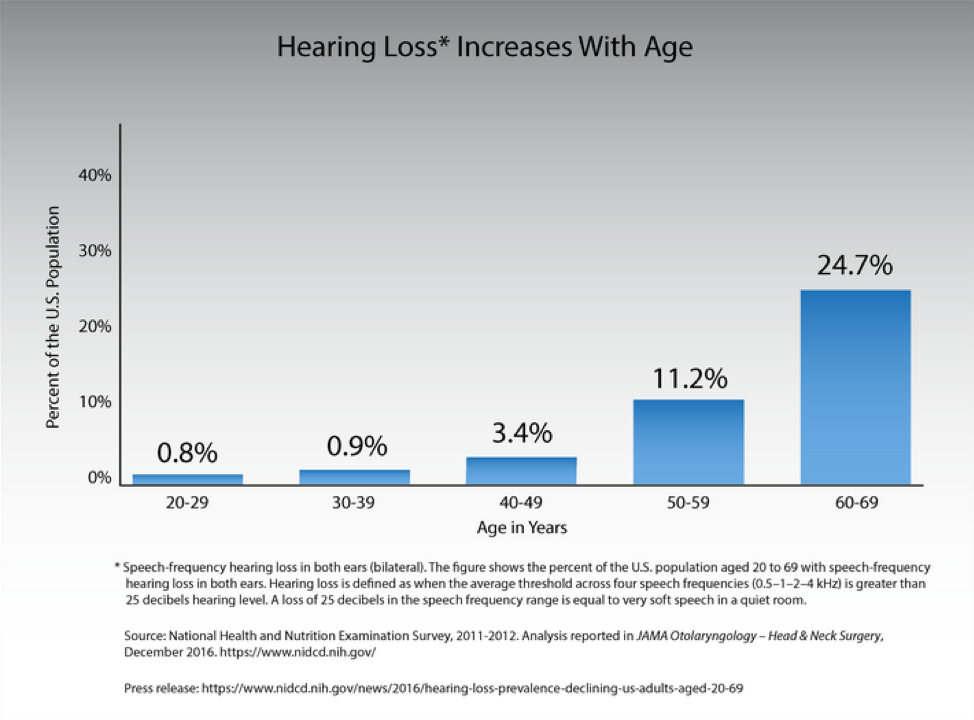Take a Moment Before Signing a Nursing Home Contract
In the scenario where your parent is no longer capable of making decisions, dressing, or eating independently and requires nursing home care. You are stressed and anxious. The nursing home puts a twenty-page contract in front of you. You wish you could flip straight to the last page and sign just to get it over with.
Don’t do it. You could be agreeing to pay thousands of dollars out of your own pocket for your loved one’s care.
Try to get your parent admitted, and before you sign the contract, bring it to an elder law attorney for review and guidance. Once your loved one has moved in, they can’t be evicted just because you want to negotiate the contract. Elder law attorneys look for wording that may not be compliant with state laws or is misleading in some way. Nursing homes want to get paid and may be deliberately vague about financial responsibility.
If you don’t have an elder law attorney, sit down and take a few deep breaths. Read the contract carefully and make a list of questions for a facility representative to answer. Ideally, that person would go through the document with you. Don’t sign until you understand.
Things to Watch Out for in a Nursing Home Contract
A nursing home should not ask you to use your own money to pay for a loved one’s care
Do not sign the contract if it requires you to pay with your own money. Carefully scrutinize any language referring to you as the responsible party, resident representative, or agent.
More language to look out for includes:
- Co-signor
- Guarantor
- Personally guarantee
- Personally liable
- Private-pay guarantor
- Surety
- Individual capacity
Words like these obligate you, personally, to pay if your loved one doesn’t have the money. Don’t sign if you see something like this: “If the resident does not or cannot pay, I will pay the amount owed for residency charges, services, equipment, supplies, medication, and other charges.” The nursing home can ask you to agree – and you can refuse.
Understand that the facility can legally require you to pay nursing home bills for your loved one if you hold financial power of attorney or are a guardian. However, you are required to spend their money on their care.
When Your Loved One Runs Out of Money to Pay for Care
If your loved one lacks the money, the next step is to apply for Medicaid assistance, not dig into your own pocket. Reach out to an elder law attorney for assistance, as the eligibility requirements and application process can be a bit complex. It will be worth it to have the benefits processed quickly so they can begin sooner.
Everyone in need has the right to apply for Medicaid
The nursing home contract must not require your parent to waive their right to seek government assistance like Medicare or Medicaid, nor can it ask either of you to sign any statement that your loved one is ineligible for benefits.
If your loved one has no money to pay for care, a Medicaid application will be required. The contract may seek your permission to apply for Medicaid for you. You have the right to decline that option and seek an elder law attorney you trust to help you apply instead. Some facilities mishandle Medicaid applications, resulting in an incorrect denial of benefits and lengthy appeal process.
The Medicaid application process begins with providing all financial and medical records necessary for your loved one’s application.
Once eligible for Medicaid, Medicaid pays
If your loved one qualifies for Medicaid, the nursing home must not require an additional payment over and above the Medicaid amount determined by your state.
The nursing home must not demand that your loved one receive additional services not covered by Medicaid and evict your loved one if they decline those services. The facility should ask, in advance, whether those services are desired at a specified additional cost.
Other Considerations in a Nursing Home Contract
- The nursing home must not require additional donations to a charity as a condition of admittance.
- Do not agree to arbitration. If you agree, you will be giving up your right to a jury trial if a dispute arises.
- Understand the nursing home is obligated to protect your parent’s property during their stay. However, use good judgment to safeguard valuable property by keeping it elsewhere.
- Cross out provisions in the contract that you decline, and put your initials by the strike-outs. Also, be sure to sign the contract only as your parent’s agent. Your signature should read: “[Parent name], by [your name], power of attorney, guardian, or agent.”
To be fair to nursing homes, they are entitled to be paid, and they often have difficulty collecting legitimate debts. Facilities are forbidden from suing to take a resident’s Social Security or pension income. They must comply with strict federal consumer protection restrictions. Despite these payment hurdles, they must still protect frail and vulnerable people from all manner of harm. They also suffer public hostility, thanks to the misconduct of some bad actors.
Our elder law firm always urges cooperation with nursing home personnel if possible because their job is a difficult one. However, you and your family have the right to be protected from bad actors and confusing contract language. No matter how reputable the facility is, consulting our elder law attorneys before you sign an admission contract makes sense and avoids difficulty later.
Contact our Ruston, LA office by calling us at (318) 255-1760 today and schedule an appointment to discuss how we can help you with your planning.











